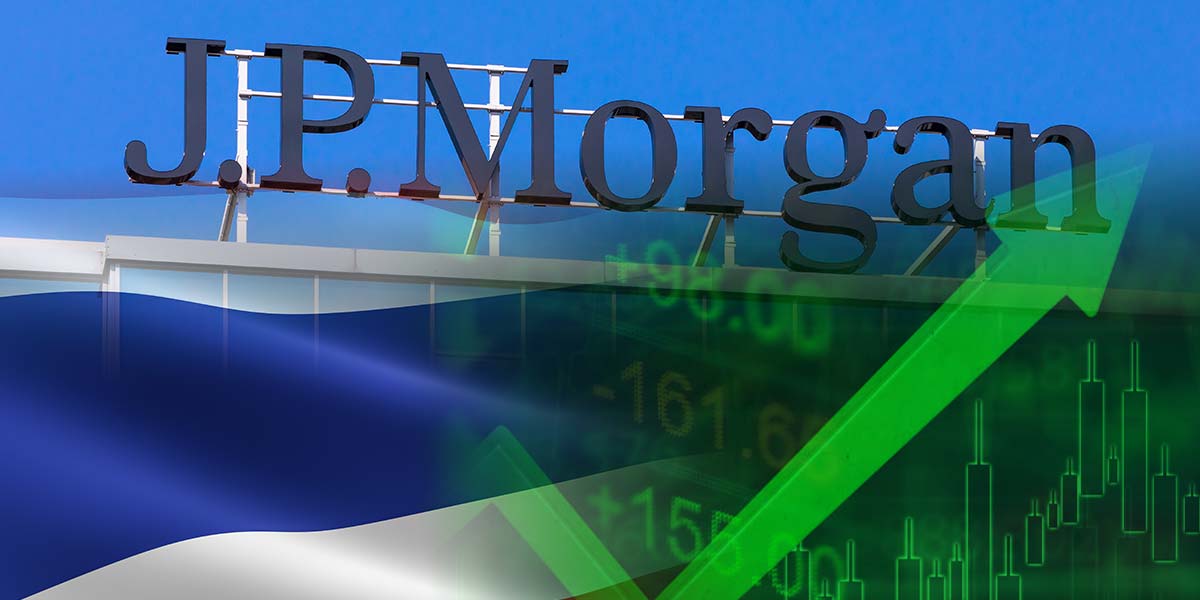JPMorgan believes that an easing monetary cycle presents a compelling opportunity to invest in Thai banks, despite recent negative EPS revisions. The resilience in asset quality and the prospects of higher payouts, including dividends and buybacks, are the primary drivers for this investment view.
Over the past nine months, there have been three interest rate reductions, with JPMorgan’s economists predicting three more by the end of this year, potentially bringing the terminal rate down to 1%. These cuts are deemed crucial for stabilizing the economy, particularly in light of a challenging trade environment and its effects on domestic consumption.
On March 10, JPMorgan shifted its focus to banks in regions where central banks can significantly lower policy rates, anticipating a peak in the dollar’s value. Since then, the dollar index (DXY) has decreased by nearly 10% from its year-to-date highs, and policy easing has commenced in markets such as India, the Philippines, Thailand, and Korea. This scenario positions Thai banks favorably, highlighted by plans such as TTB’s buyback and expected increases in payouts for fiscal year 2024.
KTB and KBANK are anticipated to announce their buyback initiatives once the Bank of Thailand eases the relevant regulations. Given these factors, JPMorgan remains overweight on these three banks. Additional support is noted for non-banking financial companies, where benefits include lower costs of funds from rate cuts, improved secondhand car prices, and steady asset quality.
Additionally, the rate cuts are anticipated to benefit Tisco, known for its high proportion of fixed-rate loans and low current account savings account (CASA) ratio. However, a narrowing dividend yield spread compared to the sector casts a less favorable outlook on the stock.





